Thursday, March 30, 2017
With the eventing season just getting underway, Marie-Charlotte Fuss, double gold medallist at the European Young Rider Championships with her superb Sillas de la Née, shares her experience with us. She gives us her secrets for the physical preparation of CCE horses.
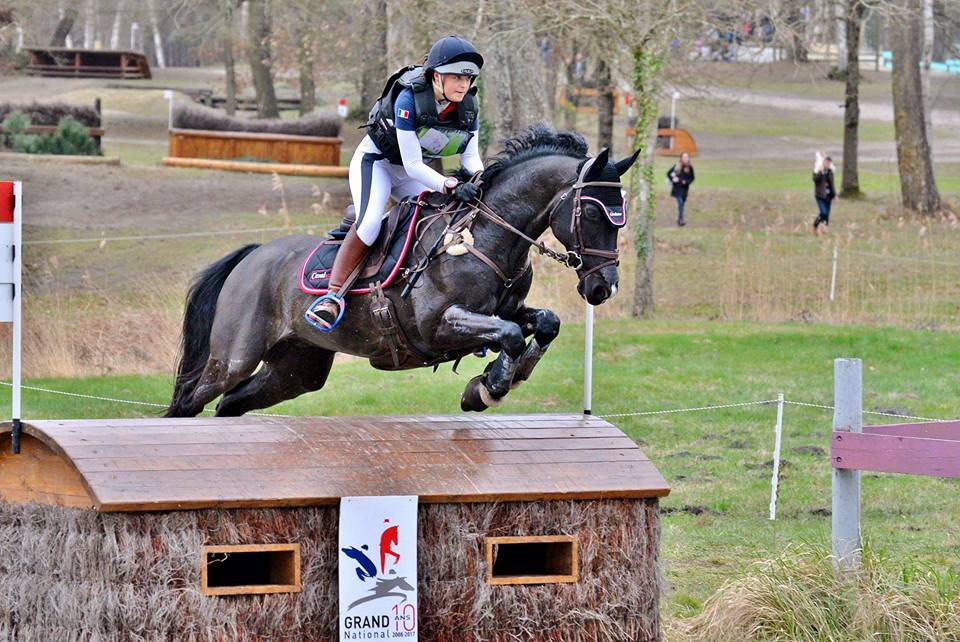
Eventing is a demanding discipline that requires a great deal of hard work and fitness.
"They do maintenance work for a good part of the winter, I don't totally stop the work, then they quietly start galloping again at the beginning of the year."
"They do an average of one canter every two weeks. The rest of the work is divided between flat work, jumping sessions, and trotting/lunging. They have a day off on Sundays. As for Hakuna, she doesn't canter because at 5 years old it's not necessary."
"I work a lot on dressage. They only jump a little, once a week is enough. I also do a lot of fitness training with gallops and trotting. I adapt the spacing and intensity of the sessions according to the objectives I set myself."
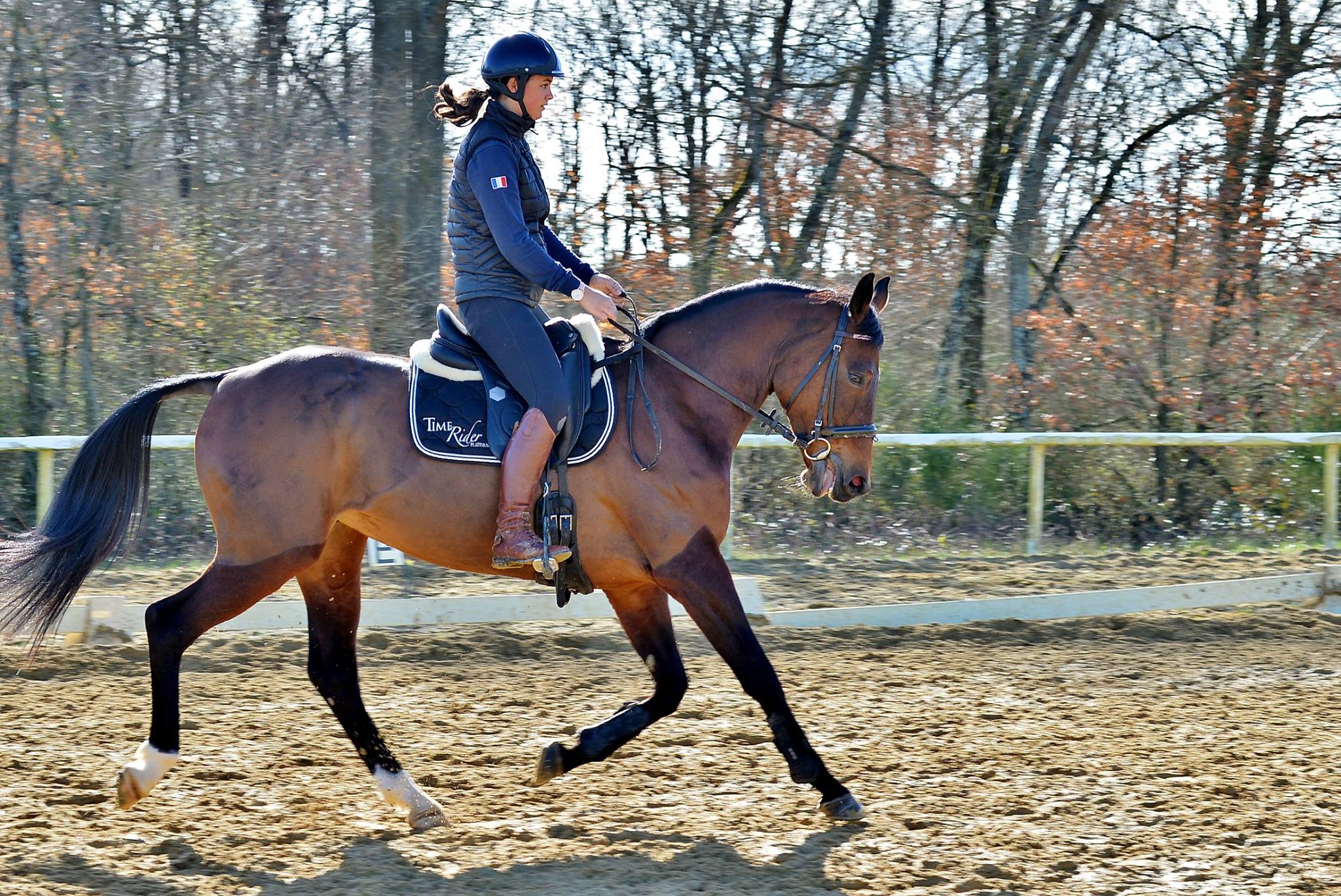
Photo© Nicolas Hodys
"During gallops, I try to find relaxation, which is not always easy because they are often very happy to go galloping!"
"After a gallop, they do a little trotting the very next day and resume normal work the day after. For recovery, we advocate active recovery: they trot for a long time quite relaxed, and then we take them into the ford to cool the limbs and for them to have a bit of fun!"
"I try to pay attention! It's important to me that they're happy to go to work. When I have time, I like to let them loose a bit in the lunge ring so they can play a bit. On top of that, they go regularly to the paddock and outside so I think overall they're pretty happy (well I hope ☺ )."
"You mustn't 'over' prepare them, keep in mind that it's the start of the season so as not to blitz them before they even start the competitions."
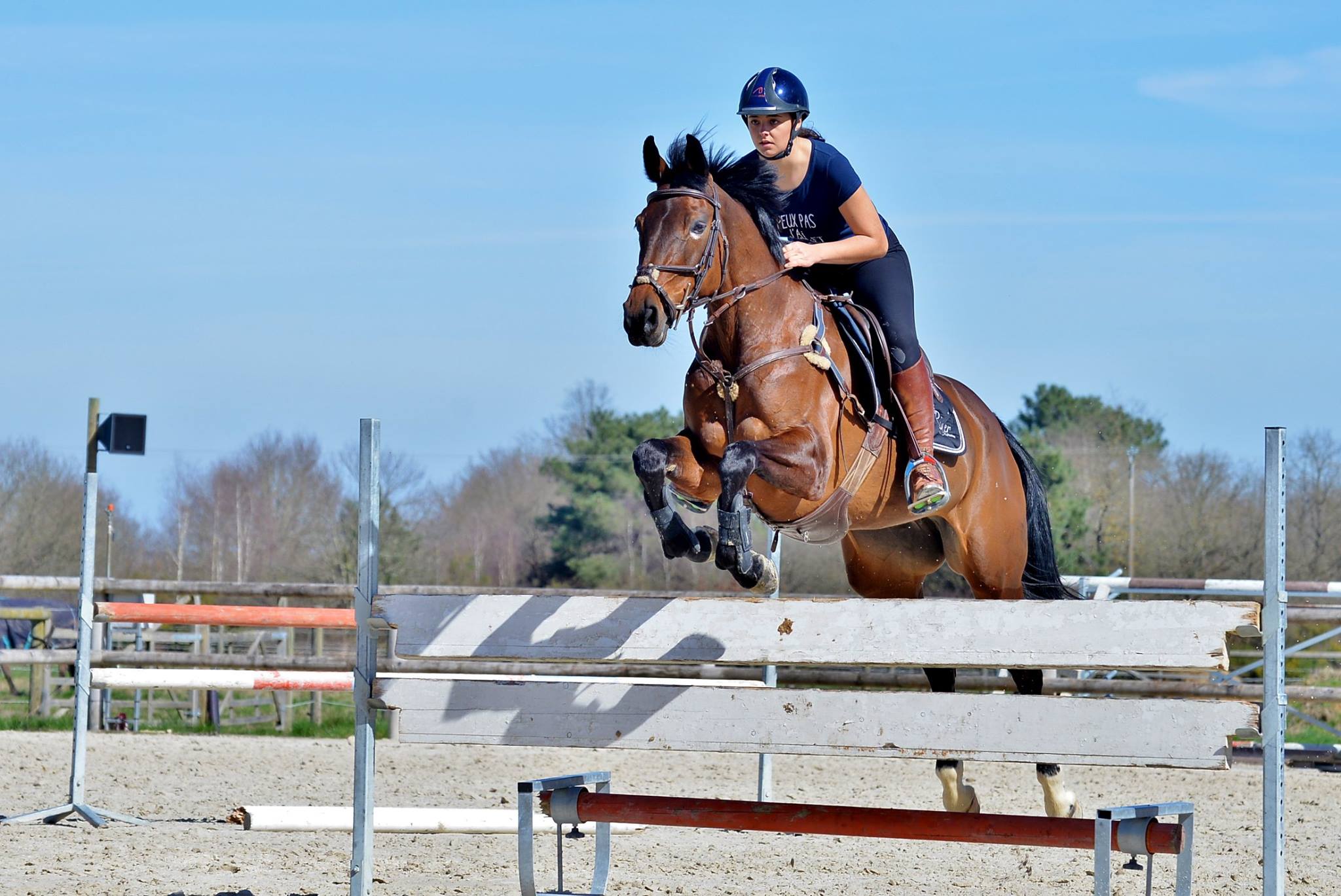
Photo© Nicolas Hodys
"It's necessary to cut the feed a few hours before the effort and warm the horse up so that he goes to work in good conditions.
In competitions, in the case of big events, we take their heart rate as soon as they arrive, then we cool them down, and they walk until the vet gives the go-ahead.
Then everyone has their own method! Mine are showered, then we put the limbs in ice for 30 minutes. We repeat the operation twice, then for the night, we apply clay plus bandages. We check that the horse has enough water at his disposal, and that his behavior is normal."
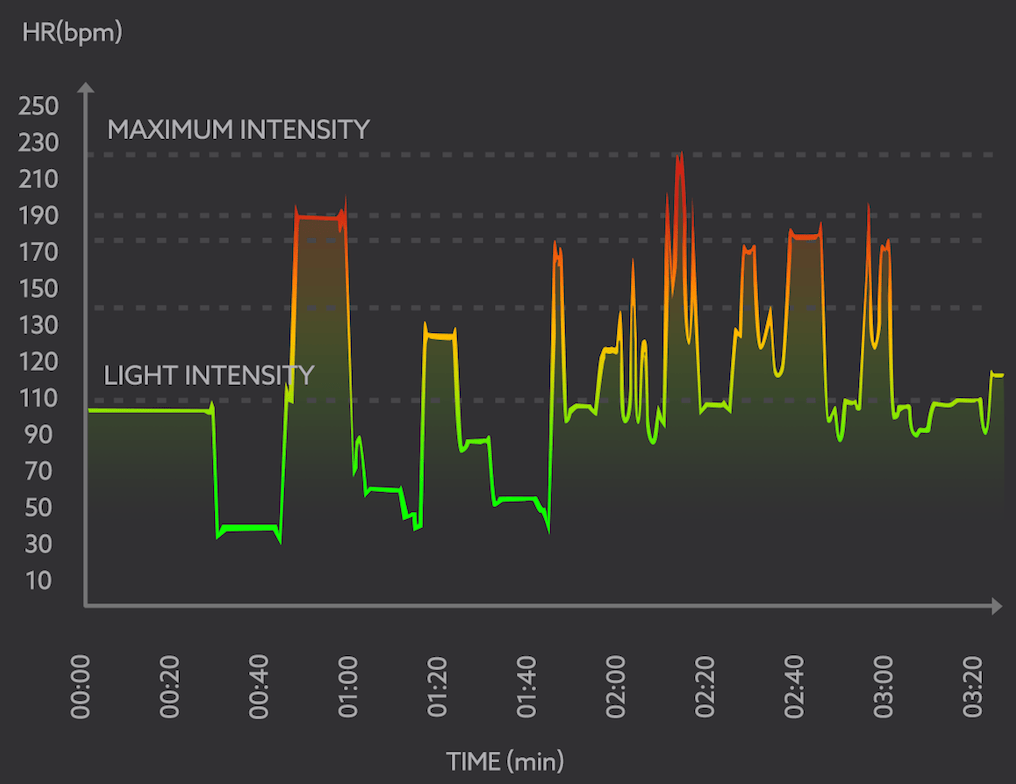
Heart rate of an active horse
"The Seaver strap will help me monitor my horses' performance in training. I'll be able to get precise information on the intensity of the effort I'm asking for, and I'll be able to adapt my training accordingly."
"I'm lucky enough to be part of the Livio stable, which organizes a two-hour session with a sports coach every week, in which I take part. On top of that, I have a rowing machine at home which I use twice a week, and I go running on Sunday mornings when I'm not competing."
"Always listen carefully to your horse so you don't go "too far" and have a horse in tip-top shape on the big day!"
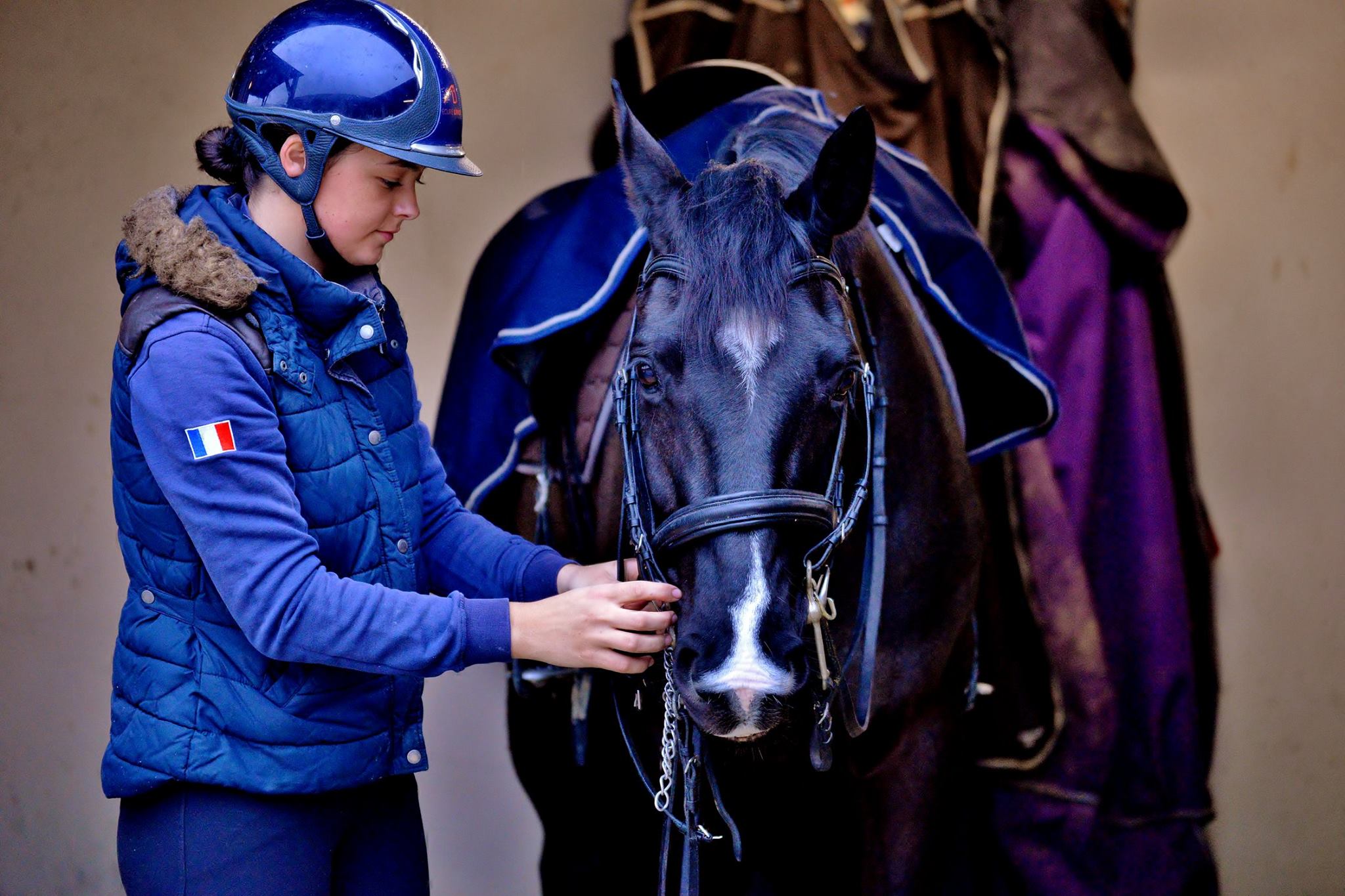
Photo© Nicolas Hodys
The Seaver team
*A big thank you to our ambassador, Marie-Charlotte, for this article ☺